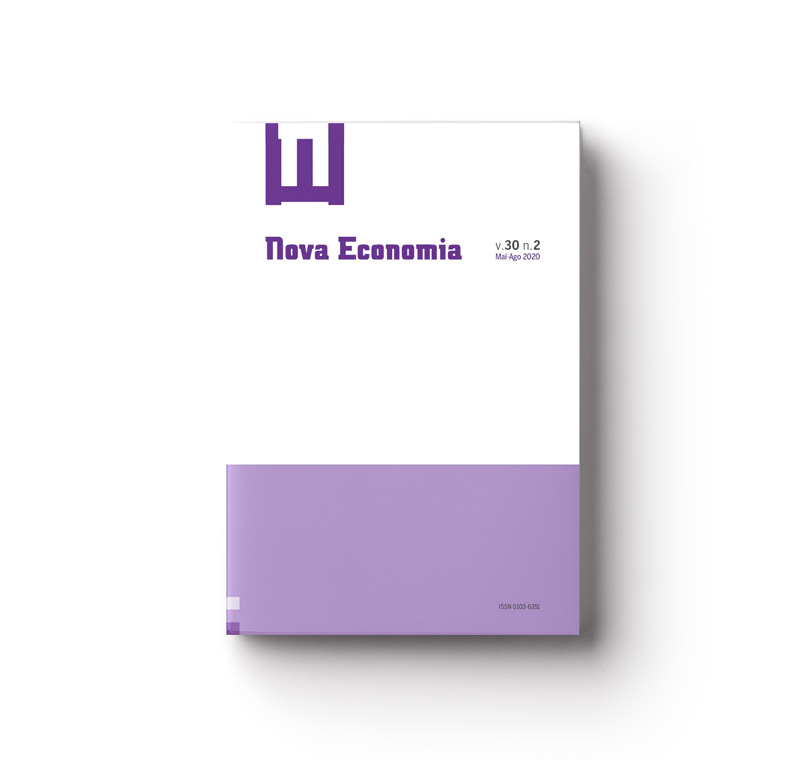Políticas públicas e governança multinível para promover a economia criativa a partir do campo cultural: suporte interfederativo para a política de Curitiba
Palavras-chave:
Development policy, creative economy, public policy for culture, sustainable development, urban developmentResumo
O design e a implementação de políticas públicas para promover a economia criativa como uma nova base de desenvolvimento sustentável não têm mostrado resultados semelhantes em diferentes sociedades. Este artigo tem como objetivo avaliar a força e a capacidade de um sistema de governança multinível brasileiro formado por instituições e atores nos níveis federal, estadual e local para conceber e implementar políticas públicas para promover a economia criativa como uma alternativa para desenvolvimento. A análise é orientada pelo conceito
de governança multinível, considerando as relações horizontais e as verticais para abordar os problemas de interesse público relacionados à institucionalização da economia criativa. O modelo Múltiplos Fluxos foi necessário para o mapeamento de processos para a formulação de políticas públicas. Os resultados indicam as dificuldades par formar um sistema de governança multinível com capacidade sufi ciente para projetar e implementar políticas públicas do campo cultural para promover a economia criativa no nível federal, no estado do Paraná e na cidade de Curitiba.
Downloads
Publicado
Como Citar
Edição
Seção
Licença
Copyright (c) 2020 Mario Procopiuck, Schirlei Mari Freder

Este trabalho está licenciado sob uma licença Creative Commons Attribution 4.0 International License.
Autore[a]s que publicam nesta revista concordam com os seguintes termos:
- Autore[a]s mantém os direitos autorais e concedem à revista o direito de primeira publicação, com o trabalho simultaneamente licenciado sob a Licença Creative Commons Atribuição 4.0 Internacional que permite o compartilhamento do trabalho com reconhecimento da autoria e publicação inicial nesta revista.
- Autore[a]s têm autorização para assumir contratos adicionais separadamente, para distribuição não-exclusiva da versão do trabalho publicada nesta revista (ex.: publicar em repositório institucional ou como capítulo de livro), com reconhecimento de autoria e publicação inicial nesta revista.
- Autores têm permissão e são estimulados a publicar e distribuir seu trabalho online (ex.: em repositórios institucionais ou na sua página pessoal) a qualquer ponto antes ou durante o processo editorial, já que isso pode gerar alterações produtivas, bem como aumentar o impacto e a citação do trabalho publicado (Veja O Efeito do Acesso Livre).




